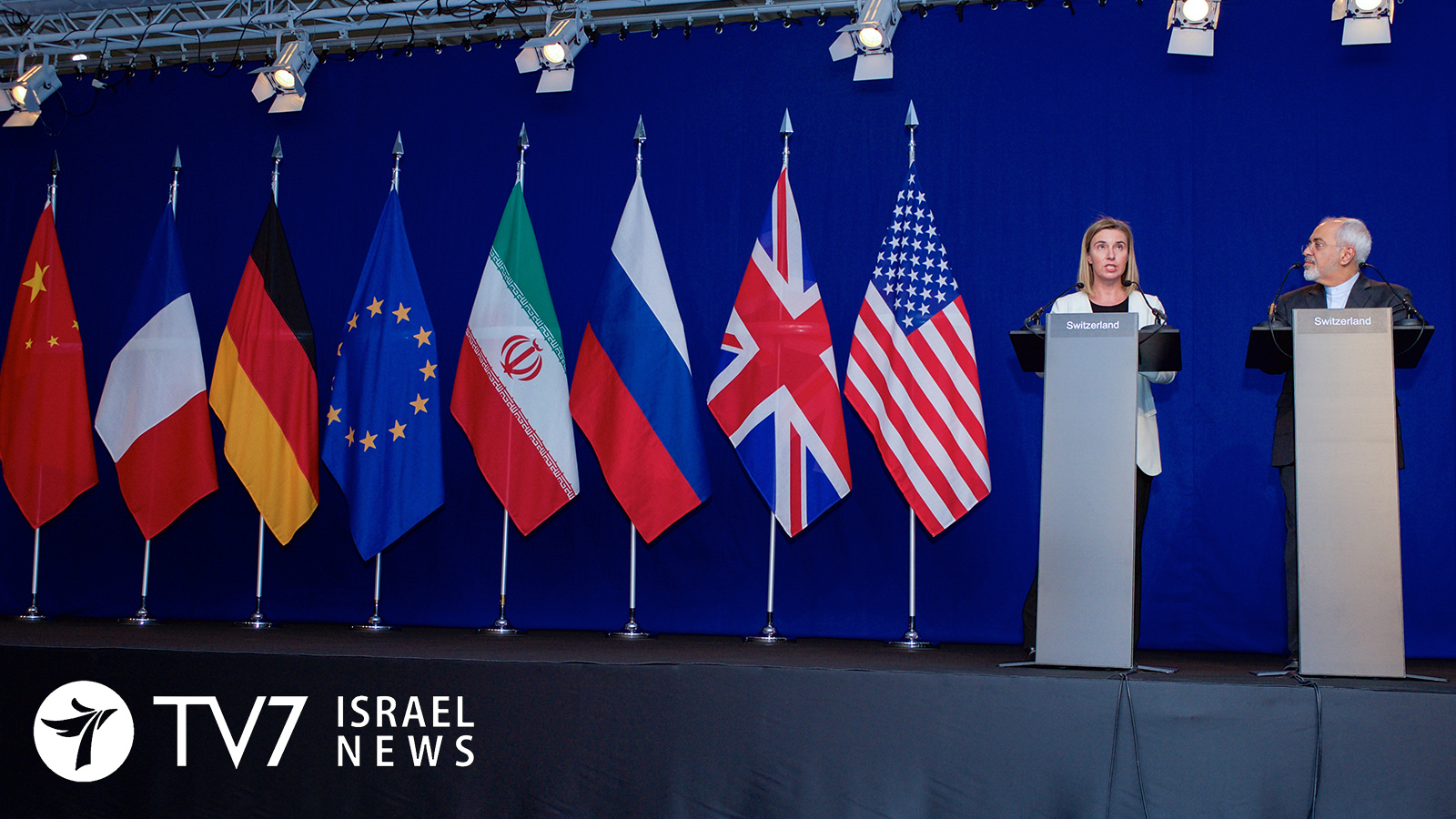Europe is contemplating its reaction to the latest Iranian breaches of the 2015 nuclear agreement. Speaking on the sidelines of a meeting of European Union Foreign Ministers in Brussels, German Foreign Minister Heiko Maas insisted that while Berlin and other European capitals ” want to maintain the JCPOA but Iran has to finally return to its commitments and respect them. Otherwise we are ready to use all mechanisms that are included in the agreement.” He further noted that “We will certainly discuss the nuclear deal, and I’m very worried about Iran’s behavior, and we will discuss of course with the E3 what our common European reaction should be. But the Iranian stance is indeed very worrying.”
Under the terms of the deal, if any one of the European signatories believes Iran has violated their commitments, they can trigger a dispute resolution process that could – within as few as 65 days – culminate at the United Nations Security Council with a so-called “snapback” of global, U.N.-backed sanctions on the Islamic Republic. Following the meeting of the European Foreign Ministers, EU Foreign Policy Chief Federica Mogherini insisted that in spite of legitimate concerns, the 28-member bloc remains unanimously committed to the nuclear agreement. Dutch Foreign Minister Stef Blok stated that “There was again today, around our table full commitment to the agreement that remains crucial for our security even if it is increasingly difficult to preserve it, we will continue our efforts to have a full implementation of the agreement.”
Meanwhile at the United Nations headquarters in New York acting Secretary General of the International Atomic Energy Agency confirmed Tehran’s non-compliance with the 2015 nuclear agreement. Speaking to the General Assembly plenum, the IAEA chief Cornel Feruta urged the Islamic Republic to engage with the Nuclear Watchdog on all relevant inspections, including at the Fordo nuclear facility, where Iran has resumed enriching uranium in breach of the JCPOA. In his words, “It is important for Iran to respond substantively and satisfactorily to agency questions concerning the location (Fordo) in Iran. I hope that after the board meeting last week, substantive engagement by Iran will lead to the clarification of all relevant aspects.”
Responding to the international community, and the IAEA in particular, Iran’s Deputy Ambassador to the U.N. Eshaq Al-E-Habib insisted that “A dangerous trend [exists] in this regard is the attempt by a certain group of countries to monopolize the nuclear science know-how and technology as well as the research and development in this field. This is seriously alarming. All developing countries must be vigilant about the negative consequences of this trend and be united and resolute in resisting against it.”
The Iranian deputy ambassador further insisted that in spite of international criticism and sanctions, that “Iran will continue to act in full conformity with its obligations under the NPT [Non-proliferation of Nuclear Weapons Treaty] and its safeguards agreement, and we remain committed to the JCPOA inasmuch as much as its all other participants also fully and timely fulfill all their related commitments.”
